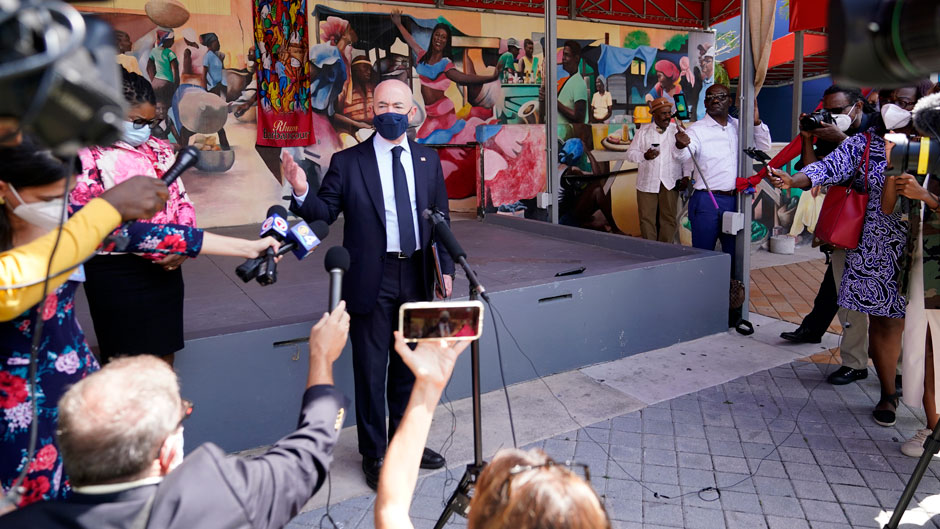The recent decision by the Biden administration to redesignate Temporary Protected Status (TPS) to eligible Haitians currently residing in the United States is a small victory that must be acknowledged. This would allow 100,000 Haitian individuals to remain in the United States with legal standing. This is a huge relief for the many who have lived in a state of insecurity, fear, and hopelessness about their future. We applaud the current administration for making do on candidate Biden’s promise to provide such mental, legal, and arguably, socio-economic relief to TPS-seeking Haitians in this country.
This is a small victory to a long-term fight for a permanent pathway to citizenship. As a refugee community, we celebrate—but as a society we should be concerned about large numbers of refugees that continue to languish in makeshift camps. Refugees’ organizations that fought hard for such a victory should be applauded for their relentless advocacy and activism on behalf of millions of people in protracted refugee-like situations. Sadly, the global list of refugees continues to be augmented, making it all the more urgent to get at the root cause of such migration.
This situation shed light on the dire condition in countries like Haiti, which begs for humane and durable changes to reduce the need for such policies by the U.S. government in the future.
We must not lose sight of the fact that the situation at home is disastrous and does not allow individuals to be able to return to their country of origin without significant risks for their lives.
We must recognize that individuals are being forced out of their homes because their survival is being threatened and their human rights are being violated.
Haiti sits on a path that makes it vulnerable to natural disasters such as hurricanes and was hit a decade ago by a devastating earthquake. But in large part, current disasters are man-made. We must acknowledge such facts.
We celebrate this small victory; and yet, we mourn the fact that these TPS recipients require and depend on U.S. protection because their country of origin is not able to welcome them back. This fact must not be overlooked.
A colleague of mine recently said to me, “Haiti’s continuous descent into chaos puts her on path to a much larger humanitarian situation and will continue to aggravate conditions of ordinary Haitians back home.”
Effort must be put into countries that would enable more of these individuals to stay in their own country. Specifically, we must go beyond poverty reduction endeavors to more socioeconomic development to build a sustainable and thriving society for countries like Haiti.

